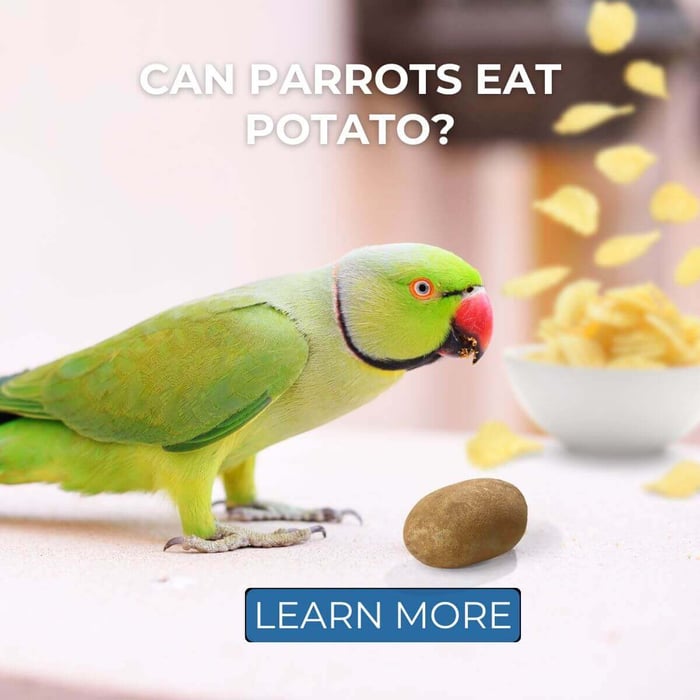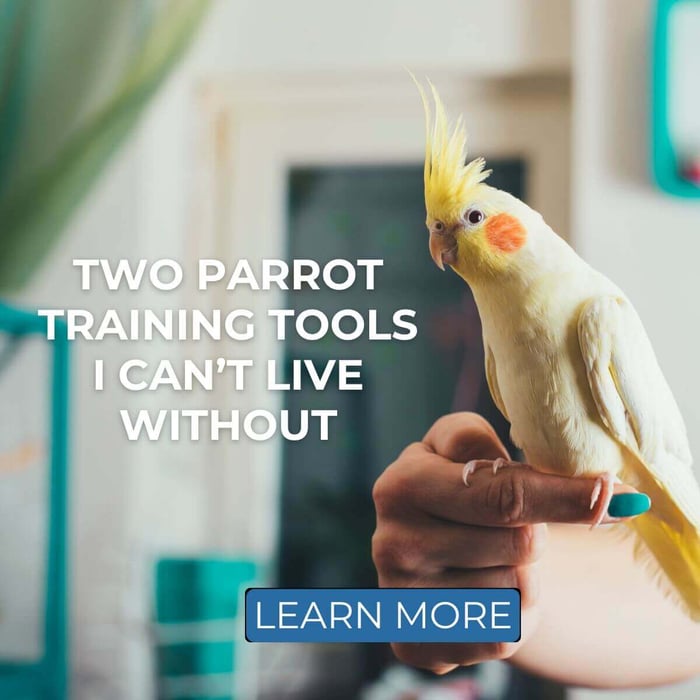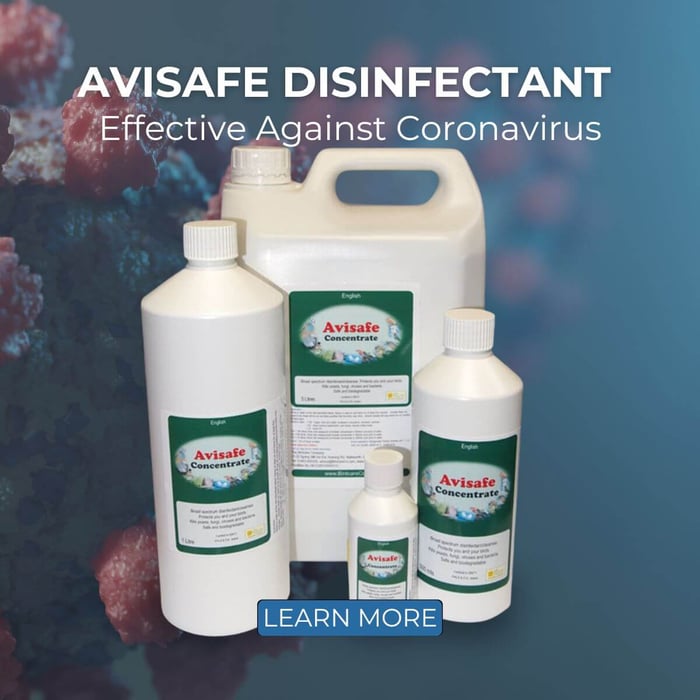Parrot Care Tips During Emergency Situation
We all have to deal with an emergency at some point in our lives, whether we like it or not. However, it is always better to face an emergency situation prepared than having to act on the go. Implementing these practical parrot care tips can save you time and stress and provide you with comfort, knowing that your companion will be looked after in case you are not able to.
What do you consider to be the most important action to take in case of an emergency?
Appoint a guardian person(s)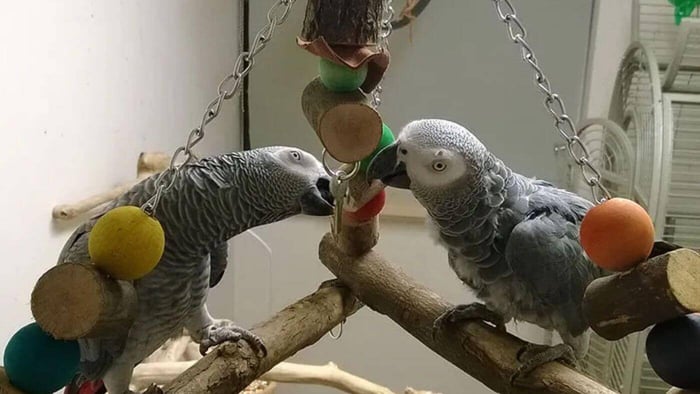
Parrots and Parakeets kept as pets can live from 20 to 60 years, and it is very important that we have someone who can act as a backup in case we are not able to look after our pets. Looking after a parrot is not easy and requires some knowledge, commitment, daily interaction, and, of course, constant cleaning. So, finding a person who can help you in a moment of need is not easy. Start looking today and be prepared for tomorrow with these parrot care tips.
We don't often think about but even going on business trips, holidays, or hospital procedures can pose a serious logistics challenge at a time when we need it on the list. Even worse, what will happen to our feathered friends in case of death or inability to look after them for a long time due to unforeseen circumstances like the Coronavirus?
Have a will that mentions your pets and the person who will take care of them in case you are no longer able to. If you have chosen a charity where your pets can go, make sure they are mentioned in the will too so this can be actioned by the executor of your will.
Train your parrot to go easily into its carrier and be comfortable in it for a few hours.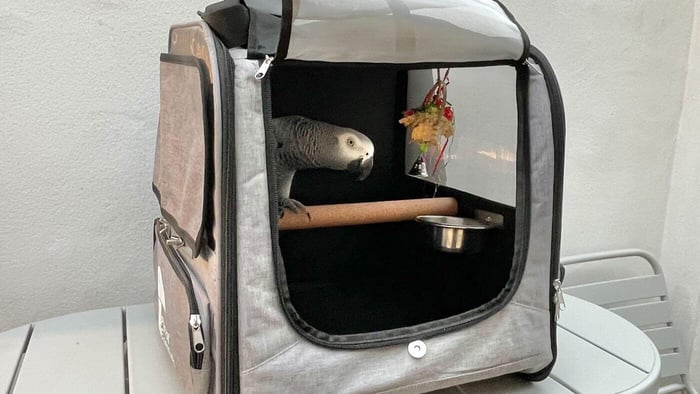
Does your parrot go happily into its travel carrier? If not, now is the time to start training your pet to go in and out of its carrier in case you ever need to leave the house, and all you have is a few precious seconds to save yourself and your pet. This training can be very useful and can prove invaluable in case of fire, flooding or if someone else has to take the bird out of your home.
Always have the bird carrier handy and easy to access with a bag of food for a week or two, some treats and a couple of favourite toys. You never know when you are going to need them.
And if you are lucky enough never to face an emergency, it is always nice to be able to take your beloved pet with you on a picnic or a short trip to the park in its travel cage.
Note: Parrot harnesses are not a practical solution in case of emergency. Your pet could be very stressed and may refuse the harness. Don't count on using a harness during an emergency.
Parrot Care Tips and Instructions
What happens if you are suddenly not able to look after your pet? Would the person taking over from you know what to do? It is always a good idea to have a simple instructions sheet filled in and ready to hand, even if this person is a very experienced one. After all, each parrot has its own preferences, routine, likes and dislikes. You can download a one-page instruction sheet from here: Parrot Care Tips Instruction Sheet
Keep this paper together with the travel carrier, food and toy supplies you have prepared earlier.
Food, Toys and Misclenious Supplies
Always make sure that you have enough food, fruit and vegetables to last you for at least three months in case of an emergency like the Coronavirus. Nobody could have seen this one coming.
Most parrot diets have a long expiry date, so keeping supplies for three months ahead would not be a problem. But don't stock up for months and months in advance. Even if your food is within its expiry date, once you open the bag, the food starts to lose freshness and nutritional value.
Have some frozen fruit and veg in your freezer as these are some of the most beneficial elements to a varied, healthy and enriched parrot diet. Nothing beats fresh fruit and vegetables, even if they have been frozen.
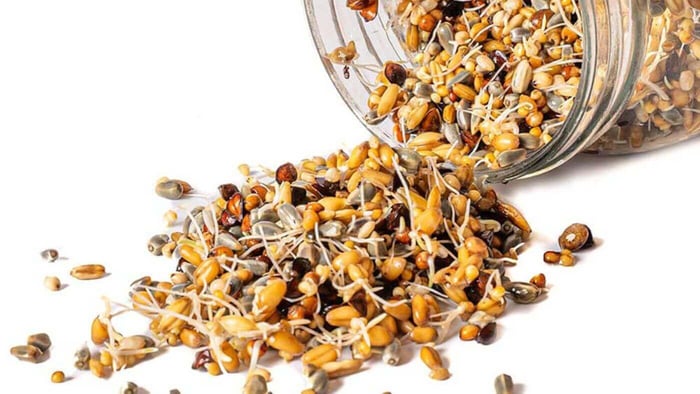
Fresh Sprouts are probably the best way to provide a highly nutritious diet to your parrot, and they are so easy to prepare. You can also add some of the fruit and veg to the sprouting mix to make it even more appetizing to your parrot. Have a bag of sprouts in your emergency supplies, too, but remember to replenish the supply every six months with a fresh one. Old seeds will start losing their nutritional content and may not sprout.
Identify human food that you can use as a substitute for a few days in case you run out completely. Try to buy organic food if you can, or at least food with as few additives as possible, as these can be very harmful to birds and humans, especially over a prolonged period of time. Rice, pasta, potatoes, chickpeas, lentils, beans and eggs can be a great way to keep your bird fed in case there is nothing else available.
Conclusion
In life, emergencies are unpredictable and can strike when we least expect them. By taking proactive steps now, you ensure that your beloved parrot receives the care and attention it deserves, even in your absence. Appointing a trusted guardian, outlining your wishes in a will, and preparing your parrot for quick transitions are crucial measures that provide peace of mind. Additionally, maintaining a well-stocked supply of food, toys, and essential items, along with clear care instructions, empowers those who step in to care for your feathered friend seamlessly. Remember, preparedness not only safeguards your parrot's well-being but also alleviates potential stress during challenging times. Start today by implementing these practical parrot care tips and create a secure and loving environment for your companion, no matter what the future holds.
"Hoping for the best, prepared for the worst, and unsurprised by anything in between." – Maya Angelou
Find out what works for you and implement your own emergency plan. It takes less than you may think.
For more parrot care tips visit our category: https://parrotessentials.co.uk/blog/category/parrot-care
www.ParrotEssentials.co.uk – Enhancing Parrots' Lives

